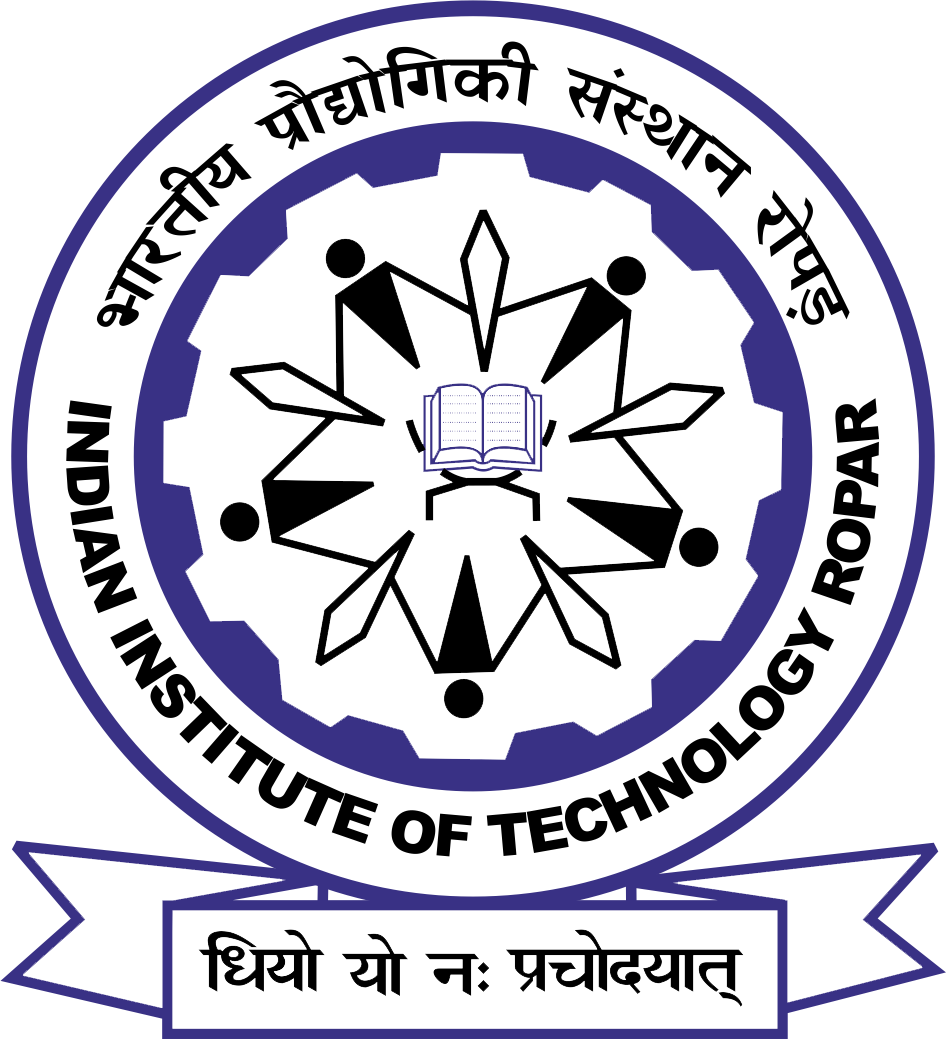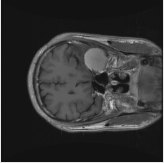
|
|
|
I am a 4th year undergraduate student at Indian Institute of Science Education and Research Bhopal where I'm pursuing my Integrated BS-MS in Data Science and Engineering. I work with Dr. Vaibhav Kumar at the GeoAI4Cities Lab on 3D point clouds. My research focuses on developing advanced 3D computer vision models and utilizing them to capture semantically informed 3D models of real-world environments, including 3D reconstruction and semantic understanding of these environments.
Feel free to check out my CV and drop me an e-mail if you want to chat with me! ~ Email | CV | Resume | ResearchGate | Github | LinkedIn | Twitter ~ |
|
Apr '24 |
Got selected for Uplink: ACM IKDD Research Internship 2024 under supervision of Dr. Srikanta Bedathur, IIT Delhi! |
|
Feb '24 |
Got selected for travel grant to attend workshop on Reinforcement Learning at IISc, Bengaluru. |
|
Feb '24 |
Got selected for short presentation at Frontiers Symposium in Data Science 2024, IISER TVM. |
|
Jan '24 |
Selected for travel grant to participate in ICTS program "Theoretical approaches in cancer progression & treatment". |
|
Jan '24 |
Started working on my first startup "PawScan.AI"! |
|
Jan '24 |
Got selected for the exploreCSR 2023-2024: Google Research Sponsored Mentorship Program! |
|
Jan '24 |
Undergraduate Teaching Assistant for course DSE313 : Artificial Intelligence at IISER Bhopal! |
|
Jan '24 |
Started working on my BS Thesis at GeoAI4Cities Lab under the supervision of Dr. Vaibhav Kumar! |
|
Dec '23 |
Presented my work at IndoML 2023, IIT Bombay. |
|
Dec '23 |
IEEE Travel Grant Winner for attending Winter School on Biometrics 2024, Shenzhen! |
|
Dec '23 |
Volunteered at International Society for Music Information Retrieval Conference (ISMIR) 2023, Milan. |
|
Oct '23 |
Presented my work at NAMSCON 2023. |
|
Apr '23 |
Got selected for IASc-INSA-NASI Summer Research Fellowship 2023! |

|
Jan '24 - Present Working under the supervision of Dr. Neetesh Kumar on Anomaly detection on road traffic. |

|
May '23 - July '23 Worked under the supervision of Dr. Sandeep Sen on 3D Point Cloud Semantic Segmentation of Indoor Scenes using Few-shot Learning. This work got accepted at IndoML 2023, IIT Bombay. |

|
May '23 - July '23 Collaborating within a five-member team, I contributed to developing a digital twin for a Hybrid Energy System. |

|
Dec '22 - Jan '23 Worked under the supervision of Dr. Sriparna Saha on Explaining Stereotypes behind Cyberbullying Memes via Knowledge Enhanced Text Generation. |

|
Accepted at NAMSCON 2023 Digital health methodologies like A.I. with deep neural networks have become well-utilized for neuroimaging analysis tasks like segmenting brain lesions, atrophy or tumor detection, diagnosis and grading. However, recent diffident experiences demonstrate that carefully-engineered adversarial attacks can jeopardize medical informatics procedures and compromise imaging-based deep learning systems with small malicious imperceptible perturbations. This raises security concerns about the deployment of these computational neuroimaging systems in clinical settings. Our study is the first of its kind to investigate the robustness of deep learning-based MRI diagnostic systems using adversarial intrusions and formulates an iterative adversarial training approach to remedy these attacks. |


|
Accepted at NAMSCON 2023 Evaluation of the neurocognitive salience level is an important critical need, whether in clinical monitoring or stressful occupational settings. Since high-resolution low-cost telemetric dermal-patch leads are available for physiological investigations, a suitable characteristic biopotential signal could be from an electrocoticographic/ electroencephalographic framework. It is well-known that in neurophysiological perspective, a cardinal parameter for stimulus-response characterization is the transinformation interaction flow (in hartleys/bits) which characterizes the information flow congruence between two states of the neurophysiological system. We have earlier transinformation measure to accurately predict the stimulus-response function of the neural system in animal preparations, and formulate a general neurocomputational basis of neural information transmission[1]. Here we investigate whether the transinformation parameter can also be utilized to delineate the neurocognitive salience level in different clinical situations. |

|
Accepted at NAMSCON 2023 Digital health methodologies like A.I. with deep neural networks have become well-utilized for neuroimaging analysis tasks like segmenting brain lesions, atrophy or tumor detection, diagnosis and grading. However, recent diffident experiences demonstrate that carefully-engineered adversarial attacks can jeopardize medical informatics procedures and compromise imaging-based deep learning systems with small malicious imperceptible perturbations. This raises security concerns about the deployment of these computational neuroimaging systems in clinical settings. Our study is the first of its kind to investigate the robustness of deep learning-based MRI diagnostic systems using adversarial intrusions and formulates an iterative adversarial training approach to remedy these attacks. |
This template is a modification to Rishab Khincha's website.